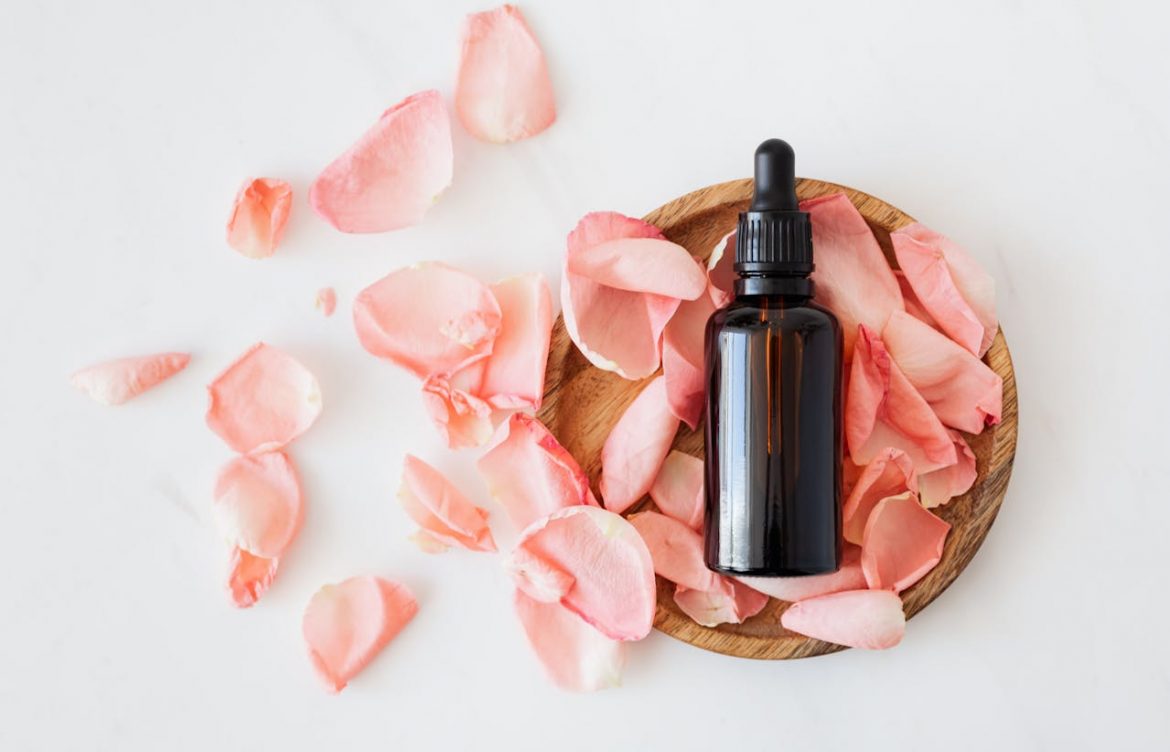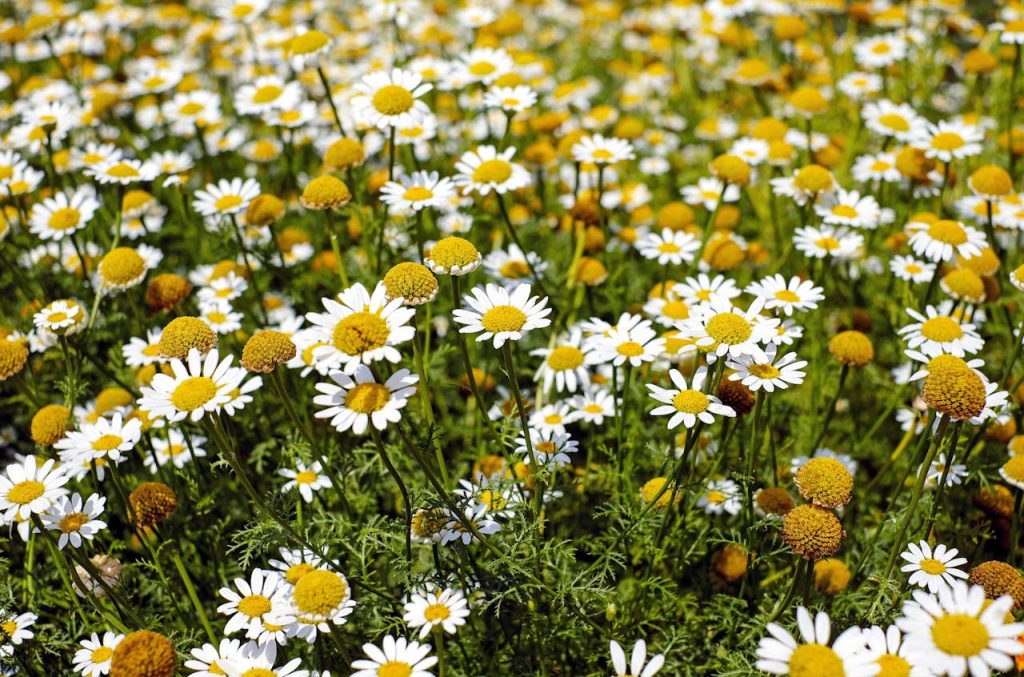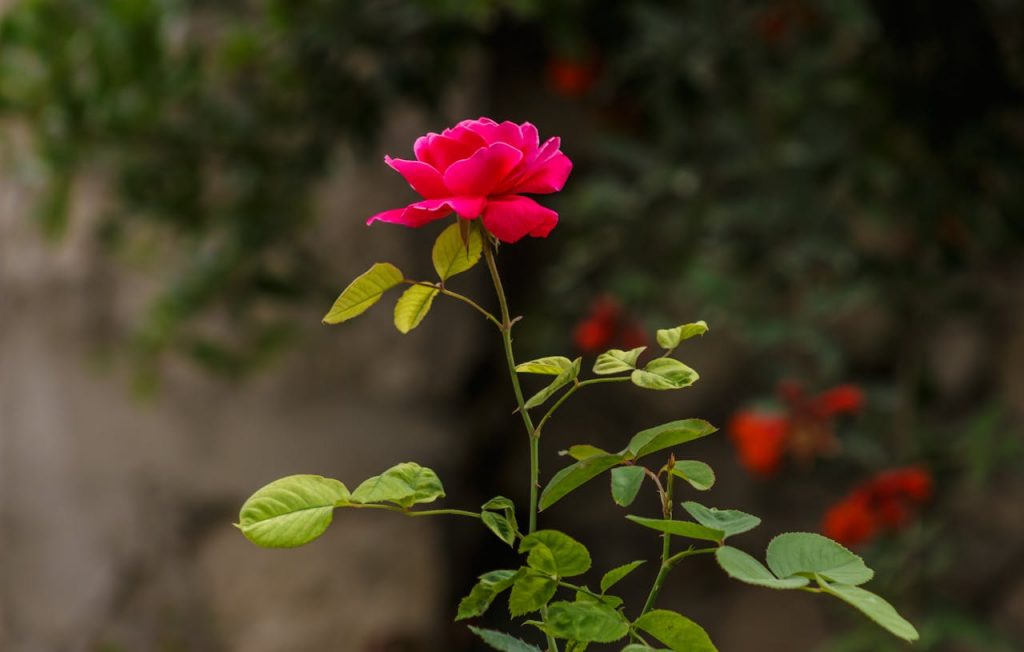
Unlocking Nature’s Pharmacy: 5 Types of Flowers Used as Medicines
Nature has long been a source of inspiration and healing, and flowers are no exception. Beyond their beauty and fragrance, many flowers possess medicinal properties that have been utilized for centuries to treat various ailments. In this blog, we’ll explore five types of flowers that have been used as medicines throughout history.
1. Chamomile
Chamomile, with its daisy-like flowers and gentle aroma, is renowned for its calming and soothing properties. It has been used for centuries as a natural remedy for anxiety, insomnia, and digestive issues. Chamomile tea, made from the dried flowers, is a popular remedy for promoting relaxation and aiding digestion. Additionally, chamomile extract is often used in skincare products for its anti-inflammatory and antioxidant properties.

2. Calendula
Also known as marigold, calendula is a vibrant orange flower with powerful healing properties. It has been used traditionally to treat wounds, burns, and skin inflammation due to its antiseptic and anti-inflammatory properties. Calendula oil, extracted from the flower petals, is commonly used in ointments, creams, and salves to promote wound healing and soothe irritated skin.
3. Lavender
Lavender, with its delicate purple blooms and sweet aroma, is prized for its calming and therapeutic effects. Lavender essential oil, extracted from the flowers, is widely used in aromatherapy to reduce stress, anxiety, and insomnia. It is also known for its antiseptic and anti-inflammatory properties, making it a popular ingredient in skincare products, massage oils, and herbal remedies.
4. Echinacea
Echinacea, also known as purple coneflower, is a striking flower with medicinal properties that support the immune system. It has been used traditionally to prevent and treat the common cold, flu, and other respiratory infections. Echinacea extract, derived from the flowers and roots, is believed to stimulate the immune system and reduce the severity and duration of cold symptoms. It is available in various forms, including capsules, tinctures, and teas.
5. Rose
Roses are not just symbols of love and romance; they also offer a variety of health benefits. Rose petals are rich in vitamins, antioxidants, and anti-inflammatory compounds, making them a valuable ingredient in herbal medicine. Rose water, extracted from the petals, has been used for centuries to soothe skin irritation, reduce redness, and hydrate the skin. Rose tea, made from dried rose petals, is believed to have calming and antidepressant effects.

Final Words
In conclusion, flowers are not only beautiful to behold but also hold a wealth of medicinal properties that have been harnessed for centuries. From chamomile and calendula to lavender, echinacea, and rose, these flowers offer a natural and holistic approach to health and wellness. Whether enjoyed as teas, essential oils, or topical treatments, incorporating these floral remedies into your routine can promote overall well-being and vitality.